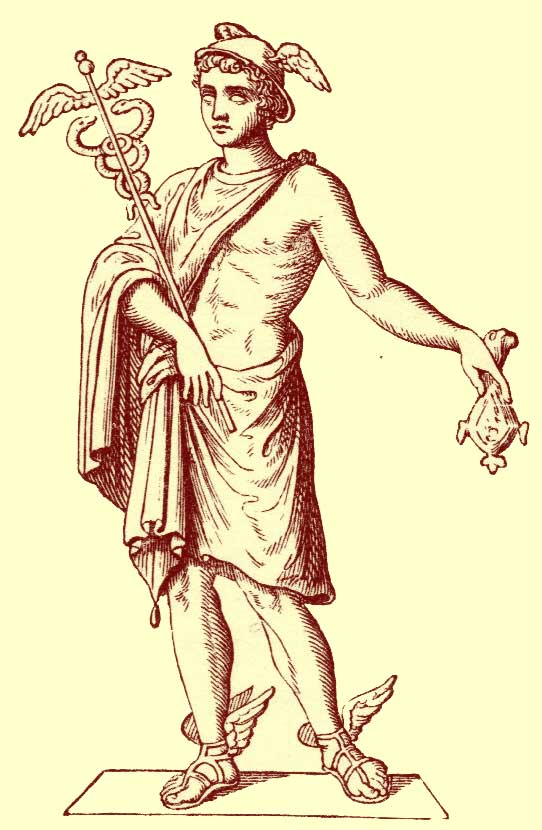
“ The science of interpretation is called
Hermeneutics after one of the activities of Hermes.
“ Hermes is a messenger of Gods of the Greeks
and suggests multiplicity of meanings.
“ When Hermes receives the task to deliver
messages of the Gods to the human, he had to be conversant in the language of
the Gods and also of the language of the human beings for when the messages was
destined.
“ Before Hermes doing the task given, he had
to understand and interpret for himself what
the Gods wanted to say he could precede to translate, articulate and explicate their attention to the human beings.
“ Nowadays à
in modern linguistics terminology, the task of Hermes equal the terms such as:
linguistic competence, communication, discourse, understanding and
interpretation.
è
In connecting with the function of the interpretation,
it can be said that interpretation is the art of attaining the perfect or complete understanding of utterance,
whether in forms of speeches or writings.
è
Interpretation only takes place if we are
still lacking certain concepts necessary to the complete understanding of a
book.
è
Interpretation has been called to give
meaning to such dark and ambiguous passages, which is of course impossible.
“ There were primarily two criteria by which
one could determine whether perfect understanding had been attained.
1.
Whenever we are to think in our mind all
that words of the authors and we have grasped the intention and the authors are
able to arouse in us according to the rules of the reasons of the mind itself.
2.
It doesn’t carry a psychological
connotation or imply the idea of a relativization of meaning of a given
utterance. (Rule of the reason: is considered unchangeable and guaranteed the
stability or meaning).
“ Interpreter function: as a mediator between
the writer of a story and his perspective, and that of the reader why may find
the story or the text unbelievable or untrue at first.









